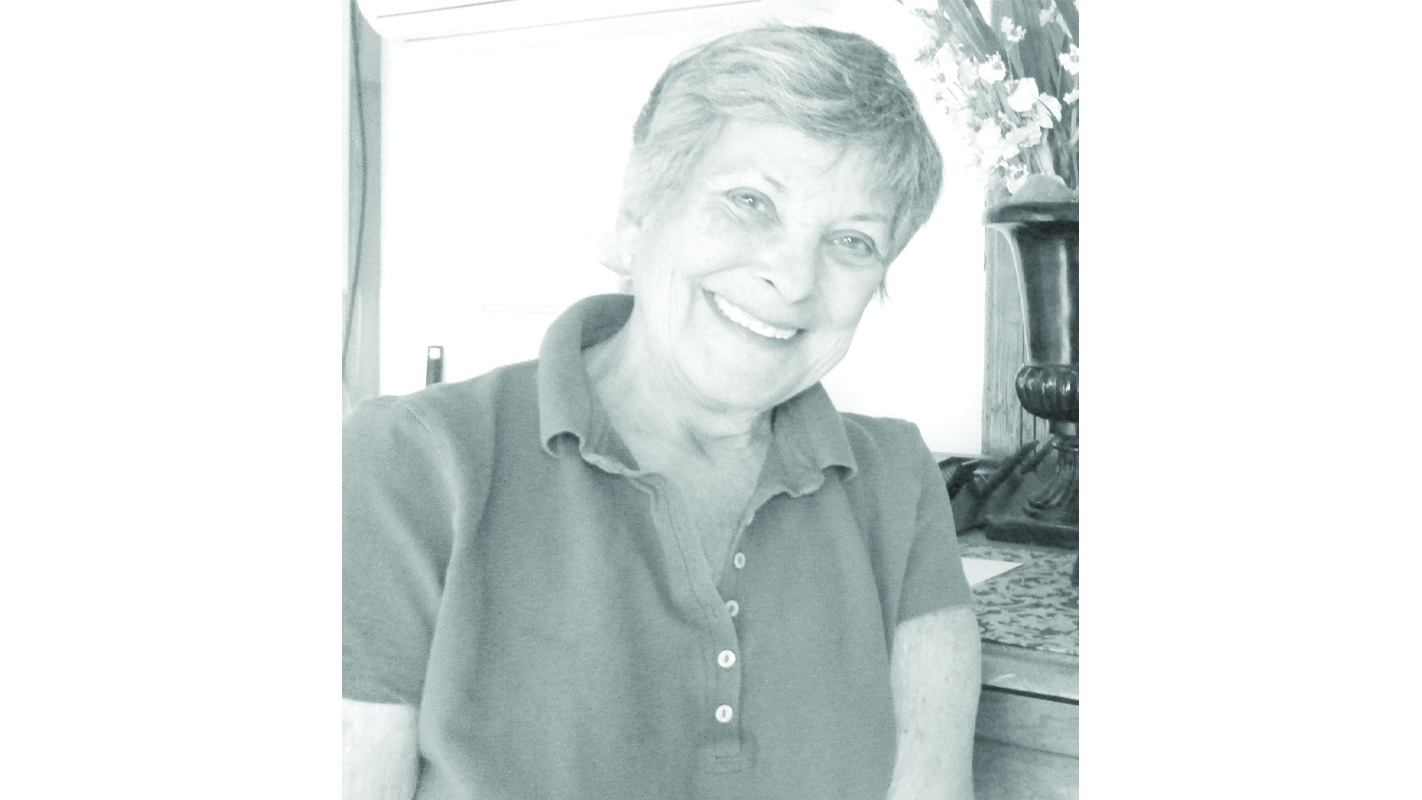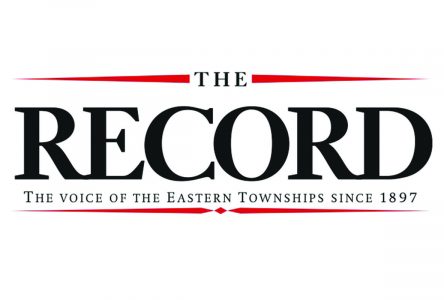I woke up this morning thinking about how different Millennials (born between the 1980s and 1990s) are from Baby Boomers (born between the mid-1940s and the mid-1960s). Which led me to Julius Caesar’s crossing of the Rubicon River to wage civil war with Rome some 2,000 years ago.
Wait! Don’t leave me here! “Crossing the Rubicon” has become a metaphor for passing a decisive point, where one cannot turn back. That’s what I think is happening to our society now, and it’s hard to see and react to because we’re right in the middle of it. We need to understand it if we have any hope of finding solutions to the many challenges we face as individuals, as a nation and as a planet.
For decades, Boomers were the largest generation on earth, influencing the economy as a core marketing demographic for products tied to their age group, from toys to schools to cars to restaurants to housing and public policies. They no longer are. Millennials have recently surpassed them as the largest generation on earth. In Canada they represent 27 per cent of the total population – 9.8 million compared to 8 million Boomers. Boomers will exert economic influence in areas related to their age group (now 57 to 75 years old); their other claim to fame is that they remain the wealthiest cohort with an average net worth of $1.2 million. This sum accounts for more than half of all household wealth — within the next five years Boomers will transfer about 1 trillion dollars to Gen X and Millennials. It will be the biggest intergenerational wealth transfer in Canadian history.
We have to understand what makes Millennials tick – they are the biggest generation and they are about to hit their peak spending years. They are acquiring the size, power and money to disrupt entire markets. Economies. The world.
Changing behavior is the biggest disruptive force in the market. Millennials are the first generation to be born and bred in the digital age. They constantly engage in social media, much more frequently than even Gen Xers, now in their mid-30s to late 40s. And they’re doing things differently: ditching cash and checks for mobile payment apps like Apple Pay and PayPal, replacing big bank savings accounts with savings apps like Wealthsimple and Koho, leaving online brokers for low- and no-fee trading apps like Questrade and Robinhood. And they’re shunning traditional financial advisors for “robo investing apps” like Wealthsimple. Today 1 out of 3 Canadian Millennials are using financial apps for ALL their financial transactions.
We are seeing some of this power in the stock market. Millions of Millennials have had time on their hands during the pandemic. Though they are less financially independent that Boomers were at the same age, between their jobs or Covid checks and their savings, they have had some money to invest. Driven by social media, they’ve tried their hand at buying and selling stocks. All you need is a cell phone and a trading app. Questions? Jump on YouTube and watch a video showing you how it’s done. They’re ditching their daddy’s old-school blue chips and investing in game-changing stocks — pouring their savings into disruptive companies whose products and services they love and use every day. That is a massive shift from Baby Boomers who called their broker, relied on Bay Street analyst reports, and turned to experts rather than YouTubers when they need investing advice.
TD Asset Management did a study more than a year ago to identify characteristics of Boomers and Millennials. Their study confirmed that Millennials are much more open to self-service options and less trusting of advisors than their Boomer parents who are more financially literate and comfortable with an advisor-led model. They are more likely to invest in “causes that support the greater good” than Boomers who are more likely to “be concerned with preserving wealth, leaving a legacy and minimizing tax exposure.”
These differences have vast consequences for almost everything we’re used to – how and where we shop, school, dine, bank, invest, work, live. Mass-market merchandise from the mall or something unique and Instagram-worthy? Smaller specialty store or big box retailer? Physically commute to a typical office or telecommute? Keep a job you hate or ditch it? Value a possession (car or boat) or an experience (avocado toast)?
In business theory, a disruptor is something that creates a new market and value network that eventually displaces established market-leading firms, products, and alliances. Millennials fit the description.
Dian Cohen is an economist and a founding
organizer of the Massawippi Valley Health Centre.
Cohendian560@gmail.com
Crossing the Rubicon






